|
Online you'll see happy potters stood next to finished products looking clean, unblemished, and very put together.
If I told you that they had changed and showered before that photo would you believe me? Because you should. Pottery is not tidy or clean. It's a messy, raw, getting back to nature, chaotic creation. You'll end up with clay splattering around and flying off the wheel, you'll forget you have clay on your hands and you'll scratch your head or wipe your face, and you'll almost definitely wipe your hands on your clothes. Which is why I will never advise you to wear your beautiful designer jeans, jewellery, or anything more than holey, paint stained, should-I-donate-to-a-thrift-store clothing to pottery classes! Here's what to wear to a pottery class:
We've often had people leave without engagement rings or ruin nice clothing. Don't let this be you. Prepare for a grubby evening filled with fun! There's nothing worse than hearing an explosion. Especially for me, because it means that someone's dedication and hard work has ended horribly.
Pottery explosions happen in the kiln. They're easy to avoid but it happens more than you'd think. It all starts with thinking about moisture. When we fire pieces we absolutely need them to be dry and solid! Explosions happen because your piece hasn't dried evenly, which causes steam to build up. The thing with steam is that it has to go somewhere...and when it's in the kiln it goes through your piece...with force. The second reason for explosions are air pockets. When your piece is in the kiln it burns...in a cool way. The organic matter in the clay combusts, which is usually fine, but if your piece isn't solid and has a hidden air pocket then the steam from the organic matter builds up - and again has no where to go except through your piece. How Do You Avoid Explosions? Keep your pieces thin(ish). While you want your pottery to have substance (otherwise they will crack), you also want to keep them nice and slim. It’s all about balance. Pottery with clay walls or sections over 2 cm thick may explode in the kiln. If you are making a thicker piece then take the time to ensure your piece has been hollowed out where possible for air flow. In Conclusion... Keep it thin or hollowed. Air flow is the most important part of ensuring explosions are kept to a minimum. Working with Clay Why it’s good for you There are many benefits to working with clay:
Those are just a few of my favourites, but there are thousands of articles online that will tell you why pottery is good for you - as a perfectionist, as an introvert, extrovert, kid, teen, and anything in-between. I've put together a few of my favourite articles below:
I'd love to know what you love about pottery. Head to our Facebook page and tell me all about it.
|
Krista CameronOffering pottery classes to adults and kids in Athens, Brockville, and Kingston, ON. Archives
July 2024
Categories
All
|
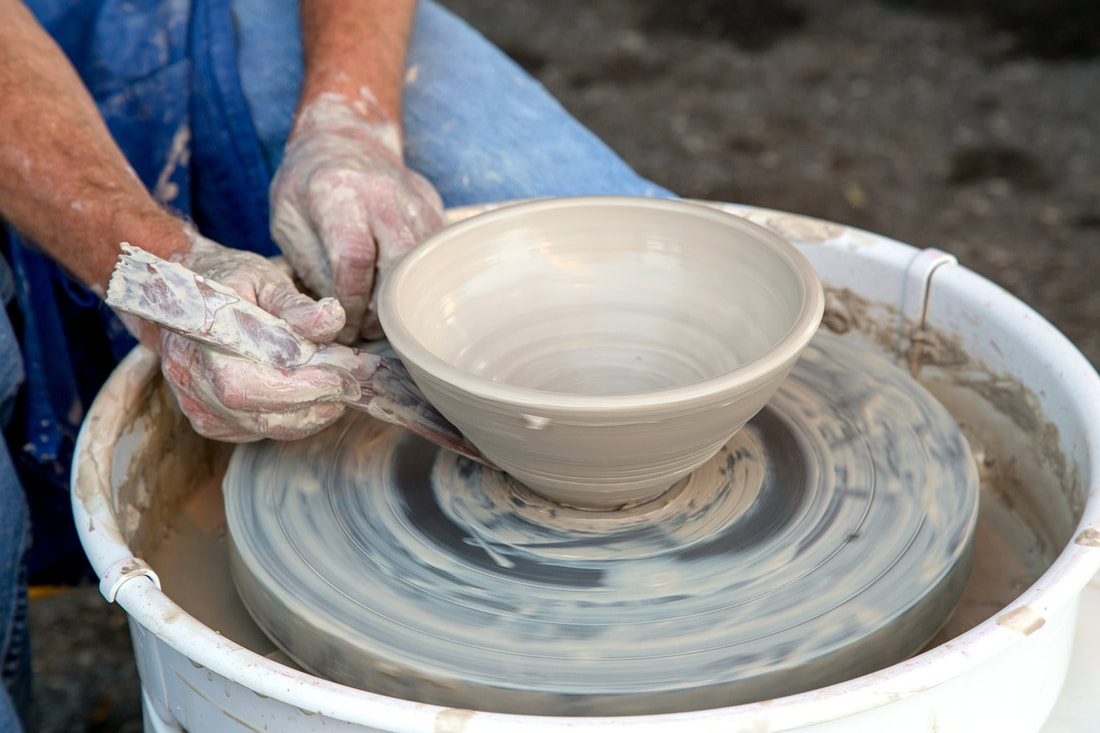
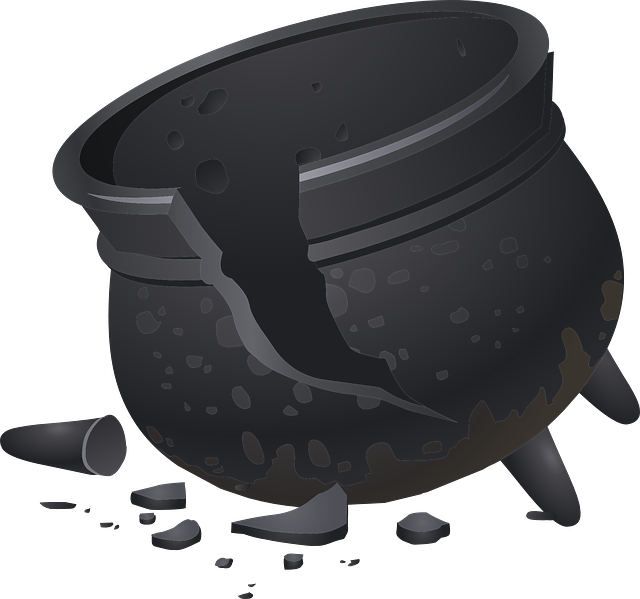
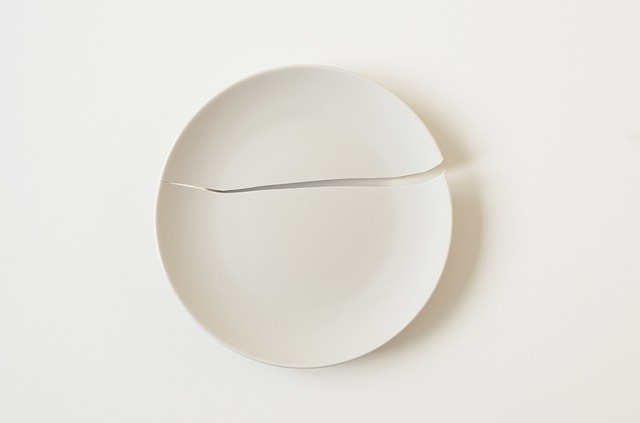
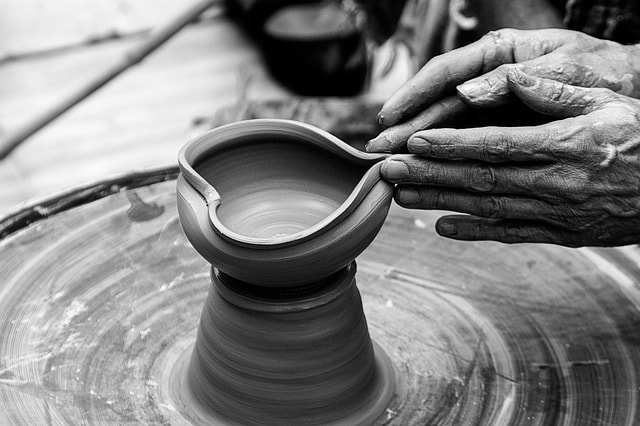

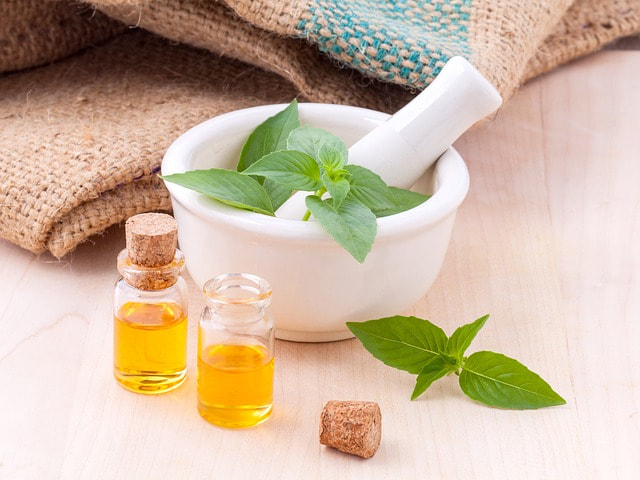
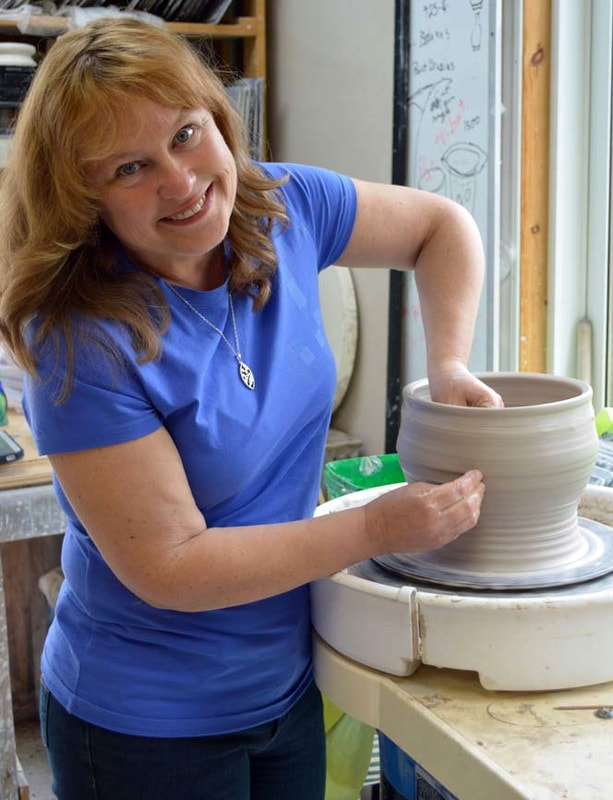
 RSS Feed
RSS Feed
